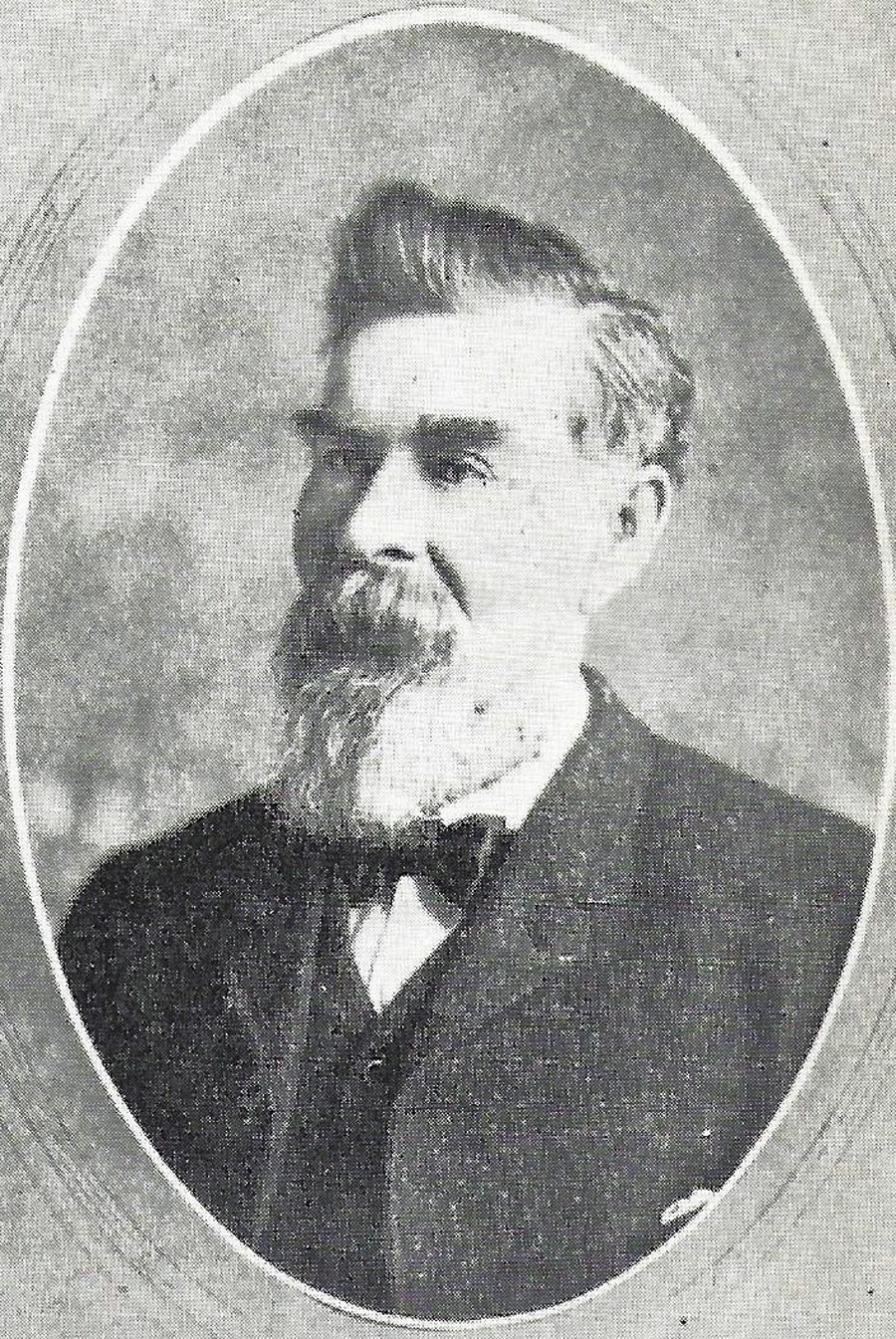Mining and Minerals Education Foundation |
Charles J. Senter (1845 - 1924)
Discoverer of the Climax Molybdenum Deposit
2019 Inductee from Mining's Past
 Charles J. Senter served in the Union Navy during the Civil War. After
the war, he traveled west, where in his eyes, “Indians were committing
crimes against the settlers”, so he joined the army, engaging in bloody
conflicts with the natives. At the end of the South Dakota campaign, he
mustered out with the rank of sergeant and first worked freighting
supplies.
Charles J. Senter served in the Union Navy during the Civil War. After
the war, he traveled west, where in his eyes, “Indians were committing
crimes against the settlers”, so he joined the army, engaging in bloody
conflicts with the natives. At the end of the South Dakota campaign, he
mustered out with the rank of sergeant and first worked freighting
supplies.
Then, after marrying a Plains Indian woman, Senter made a living by placer mining in the mountains along the Continental Divide in Colorado. In his quest for the source of the gold in the creeks, he came upon a mountain covered with small veinlets of mineral resembling graphite. He finally found out from assayers and from the Colorado School of Mines that the mineral was molybdenite (a sulfide of molybdenum).
He had only a few assays run - the cost being $5, which was ten times what a gold assay cost. He was impressed by the enormity of the deposit - virtually the entire mountain had the tiny veinlets. He figured that such quantity would be worth something. He staked several claims, which were formally recorded in 1893.
The following years saw Senter’s hopes rise and fall, with an uncertain outlook for molybdenum. Finally, with the outbreak of World War I, the German discovery of the alloying properties of molybdenum and the discovery of the flotation process for upgrading molybdenite, Senter’s discovery finally had value.
Print Version Previous Archive Next
